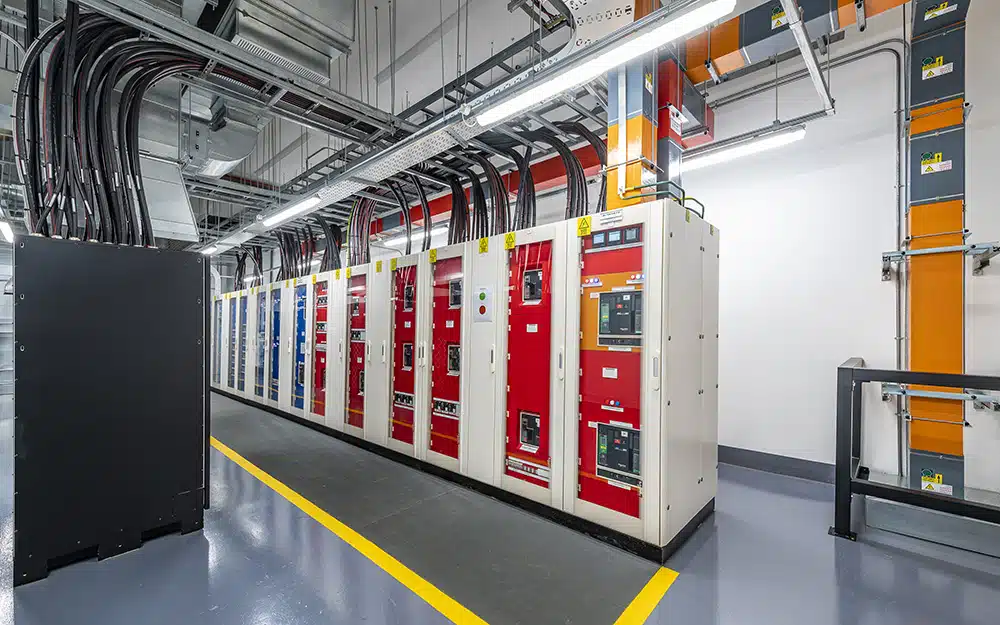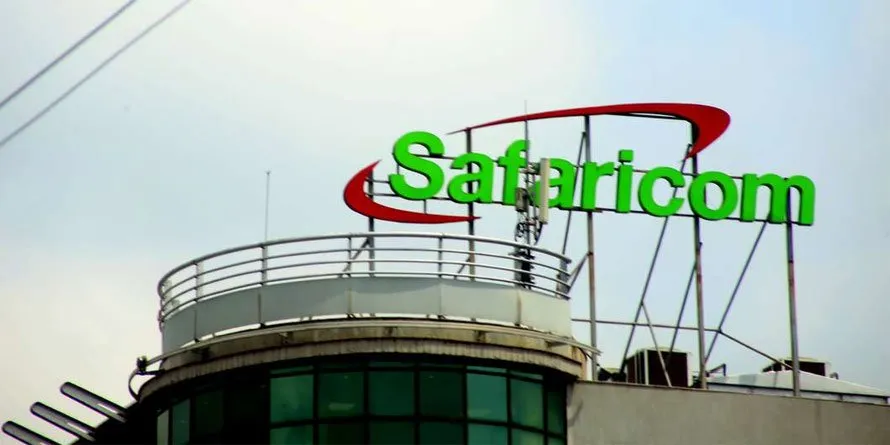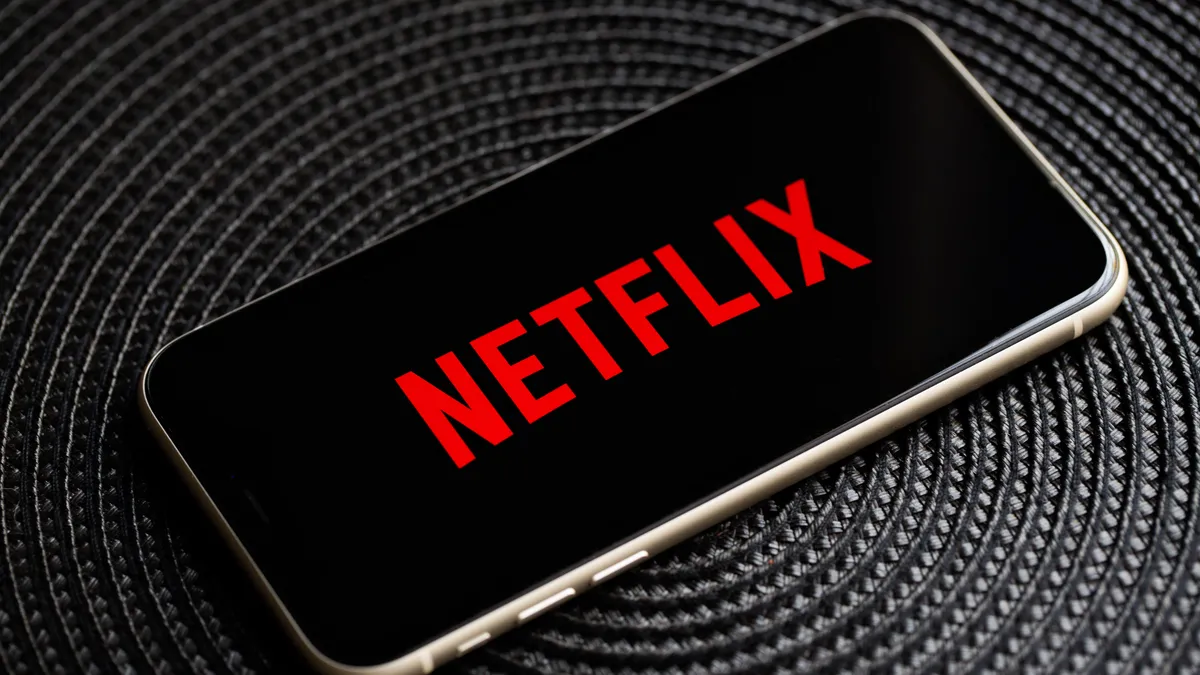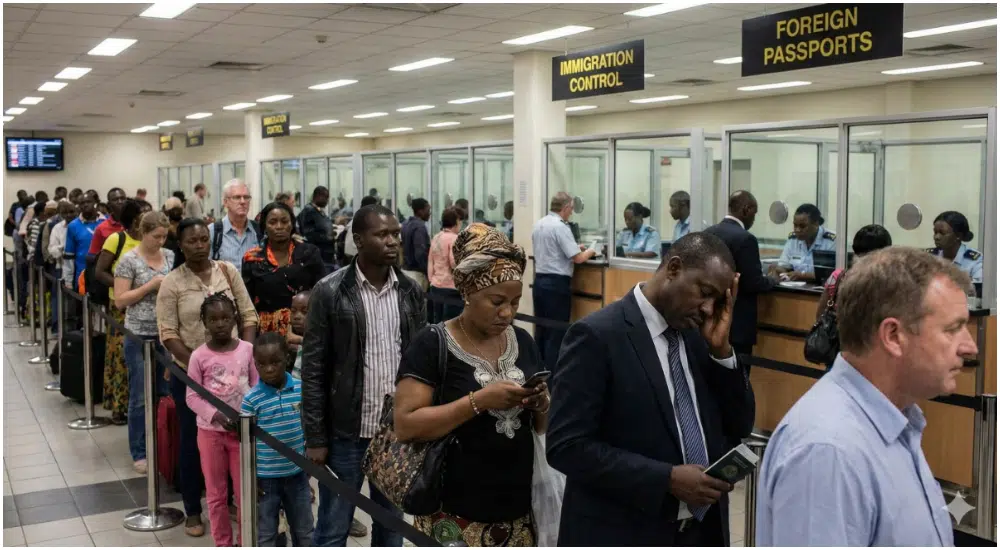In a move to enhance digital connectivity, Niger State has announced the elimination of Right of Way (RoW) fees for laying fibre optic cables. This policy shift is designed to accelerate broadband infrastructure development, particularly in underserved rural areas.
Per TechCabal, Governor Umaru Mohammed Bago emphasised that removing RoW fees is crucial for socio-economic development. “Telecommunications infrastructure is critical for the socio-economic development of the state,” he stated. The governor highlighted that this initiative would promote e-governance, improve access to public services, and ensure equitable digital opportunities across the state.
Historically, high RoW fees have been a barrier to expanding broadband services in Nigeria. While the federal government set a benchmark of ₦145 per linear meter, many states imposed higher charges, deterring telecom companies from investing in infrastructure projects. Niger State’s decision to waive these fees aligns with national efforts to standardize and reduce RoW charges to foster digital growth.
The impact of limited internet access in rural areas is profound. Farmers in regions like Mariga and Wushishi have faced challenges in accessing market information and conducting transactions due to poor connectivity. This digital divide hampers economic opportunities and access to vital services.
By eliminating RoW fees, Niger State aims to attract telecom operators to invest in broadband infrastructure, thereby improving connectivity in remote areas. This move is expected to facilitate digital inclusion, enhance educational and healthcare services, and stimulate economic activities.
This policy change is part of a broader national strategy to achieve 90% broadband penetration by 2025, as outlined in Nigeria’s National Broadband Plan. The federal government, through initiatives like the Universal Service Provision Fund (USPF), continues to support projects that expand ICT access in underserved communities.
Niger State’s proactive approach sets a precedent for other regions, demonstrating the importance of collaborative efforts between state and federal governments to bridge the digital divide and promote inclusive growth.
Meanwhile, other states like Ekiti crashed RoW charges in 2022 by 96% to reduce the overall cost incurred by telecommunications to lay fibre cables. Also in 2022, Nigeria’s Federal Capital Territory (FCT) Minister, Mohammed Bello, reduced the RoW charges by 90%.











